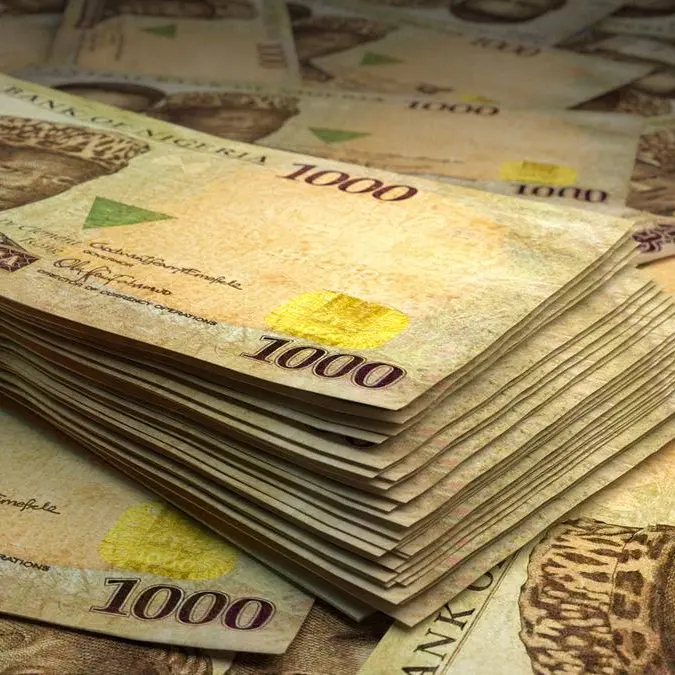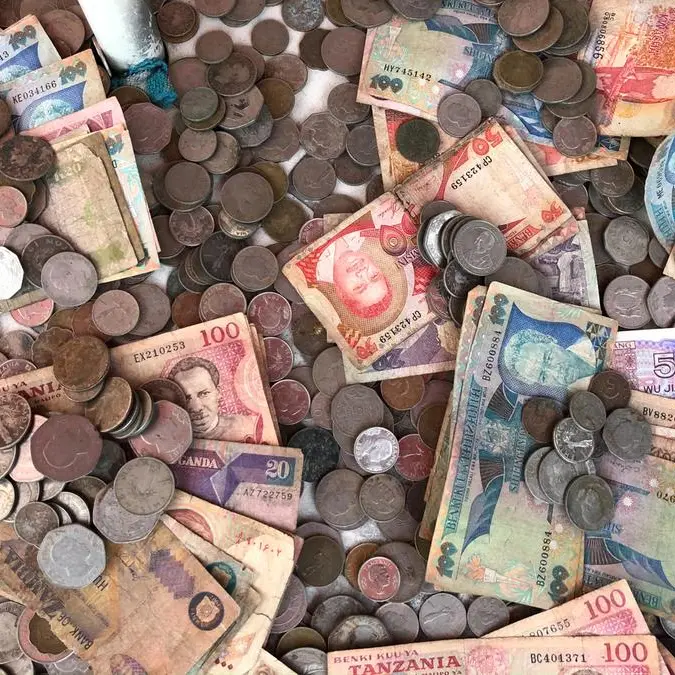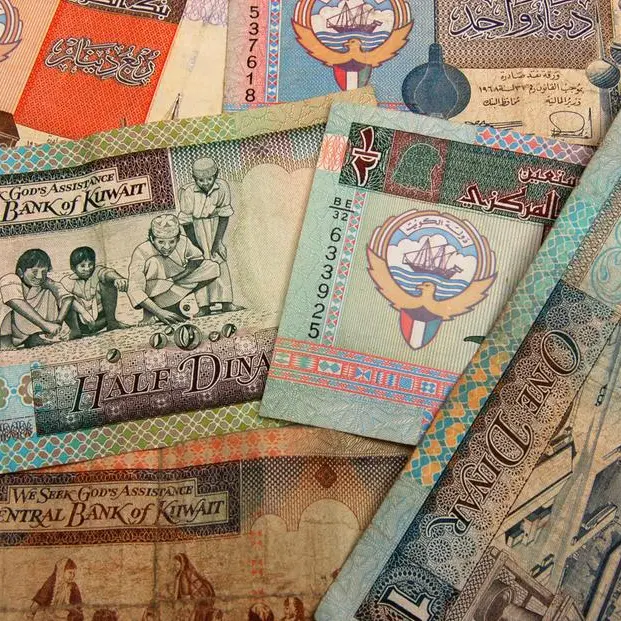PHOTO
The Eastern and Southern African Trade and Development Bank (TDB) has flagged a $3 million trade financing loans extended to Kenya, Burundi, Zambia and Zimbabwe, terming the disbursement an “exposure,” while setting aside $171,272 to cater for the possibility of default.
The lender disclosed in its 2023 annual financial statement that the outstanding gross trade finance loans issued to member countries stood at $4.77 billion as at December 2023, with impairment losses on the loans at $189.38 million, translating into net loans of $4.58 billion.
TDB is an African development finance institution with an asset base of $10 billion.
It serves 25 member States with a mandate to finance and foster trade, regional economic integration, and sustainable development through trade finance and project and infrastructure finance.
The bank mobilises debt funding from multilateral and bilateral banks, commercial banks and investors from across the globe through capital markets issuances, long and short-term lines of credit, risk sharing agreements, co-financing arrangements and export credit financing.
Read: High taxes and debt threaten EA growthIt has principal offices in Mauritius and Burundi, and regional offices in Kenya, Zimbabwe and Ethiopia, and the Democratic Republic of Congo.
The multilateral lender, formerly PTA Bank, says that included in the trade finance gross loans is $2.92 million relating to Trade and Development Fund (TDF) loans with exposure to Kenya, Burundi, Zambia and Zimbabwe.“The impairment allowance is $171,272, and the net loan amount is $2,758,621. The exposure is to Burundi ($384), Kenya ($833,451), Zambia ($2,093,696) and Zimbabwe ($2,361),” the lender says.
Loan exposure is the maximum potential loss that a lender may incur if a borrower defaults. The group, however, renegotiates loans to customers in financial difficulties to maximise collection and minimise the risk of default.
The lender’s gross non-performing trade finance loans increased to $122.71 million in 2023, from $118.79 million in 2022, with specific impairment provisions related to these loans increasing to $86.11 million, from $74.8 million in the same period the previous year.
The four nations are going through economic crisis, largely precipitated by falling revenues and increased debt repayment burdens.
In Kenya, the government has announced more austerity measures in the wake of declining revenue collections and rising expenditures related to debt repayments, a situation compounded by the withdrawal the Finance Bill (2024) through which the government had hoped to raise Ksh346 billion ($2.6 billion) in new tax measures.
© Copyright 2022 Nation Media Group. All Rights Reserved. Provided by SyndiGate Media Inc. (Syndigate.info).




















